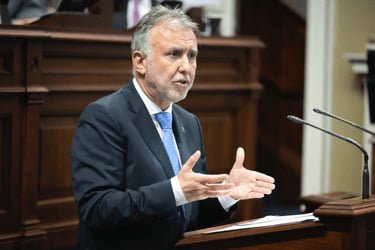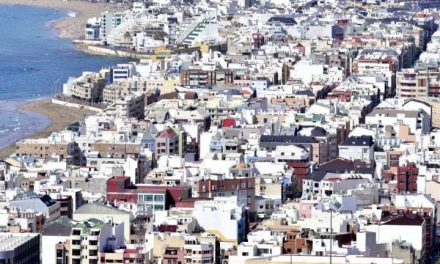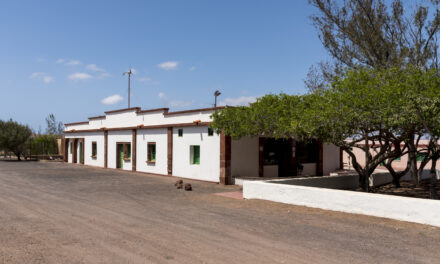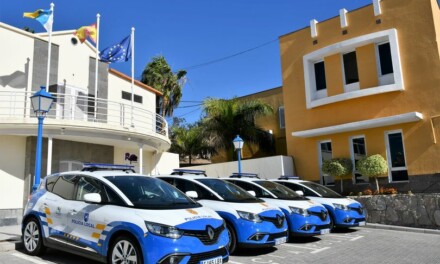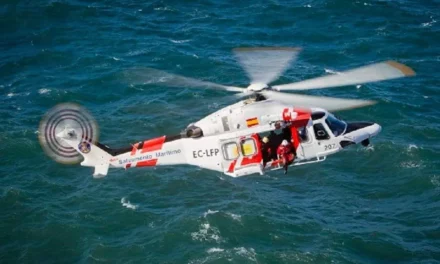The president of the Canary Islands, Ángel Víctor Torres, has announced that, in this week’s Governing Council on Thursday, as ever following the technical criteria, “we will suspend all restrictions that remain in the Canary Islands” regarding the covid pandemic.
Torres stressed that this is to take the form of a temporary suspension of the general and regional measures, making clear that if circumstances worsen, could be reactivated.
The Governing Council on Thursday, March 24, are expected to approve the suspension of all the restrictions that remain in the Canary Islands, aimed at stopping the spread of the coronavirus in the Archipelago. The upcoming announcement was advanced this Tuesday by the president of the Canary Islands, Ángel Víctor Torres , during the regional parliamentary debate on the state of Canary Islands. The suspension, Torres specified, will be made “following technical criteria.” However, he clarified that this agreement does not mean the end of the Covid pandemic. “Of course not. We will remain vigilant,” he warned.
“This is a temporary suspension of the general and regional measures that, if circumstances worsen, can be reactivated. But, without doubt, this suspension of the guidelines is leading us towards a new stage of increased normality,” said the president of the regional government. In this way, the Covid traffic light, capacity restrictions and schedules will be free. Indoor masks will remain in place until the state government rules otherwise.
“The year 2021 began and ended with the worst waves caused by Covid-19,” Torres recalled. He added that 2022 began with the increase of a sixth wave with the omicron variant which “produced, in just two months, as many cases as had been recorded in the previous five waves.”
Fortunately, the Canarian leader stressed, “vaccination has been modulating the impact on the health of the population and on the health system itself”. 84% of the population is now immunised. In the Canary Islands, “in the face of disbelief from some, vaccination has been quick, orderly, and effective,” he explained. He described as “excellent” the response of citizens to the immunisation process.
One year on from the implementation of the Vaccination Strategy, the balance of protection is evident in all age groups. “If we compare the first five waves with this sixth, it is shown that, despite the increase in cases, hospitalisations have been reduced by 47.9%; ICU admissions by 82.4%; and deaths, 67, 6%,” Torres said. The data clearly shows, “once again, that what kills is the virus and what saves lives is the vaccine. Right now we have more tools to deal with this disease and control the appearance of new variants”

